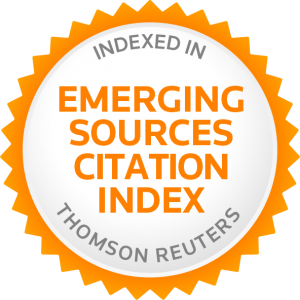THE DEVELOPMENT OF PHONOLOGICAL REPRESENTATIONS AMONG CHINESE-SPEAKING CHILDREN
Chieh Fang Hu
Two experiments were conducted to test the hypothesis that implicit and explicit phonological representations of Chinese speaking children undergo restructuring with reading experience. Implicit representations refer to those that are automatically handled by the language module; explicit representations refer to those that are explicit control units in speech manipulation. Experiment I studied the restructuring process among a group of pre-schoolers who had little knowledge of printed words when they were first tested. Experiment II studied a group of novice readers from the beginning of the first grade until the end of the third grade. The results revealed that children’s memory errors contained more errors in transposing subsyllabic units available in the stimulus strings than errors in misordering entire syllables. The proportion of transposition errors increased significantly from the pre-school age to the first grade and was related to the rapid increase in the children’s ability to read Zhuyin fuhao. The developmental sequence of explicit representations parallels that of implicit representations in that pre-schoolers could not cope with the phonological awareness task at the subsyllabic level at a time before they could demonstrate any ability in reading whereas first-grade children demonstrated fundamental control over the task. Children’s performances on phonological awareness were related to Zhuyin fuhao reading ability at the last testing session of the pre-school age and continued to be evident till the third grade. Though parallel in developmental sequence, there was no evidence that the development of explicit representations depended on the development of implicit representations. The notion of modularity was adopted to account for the gap between the developments.



